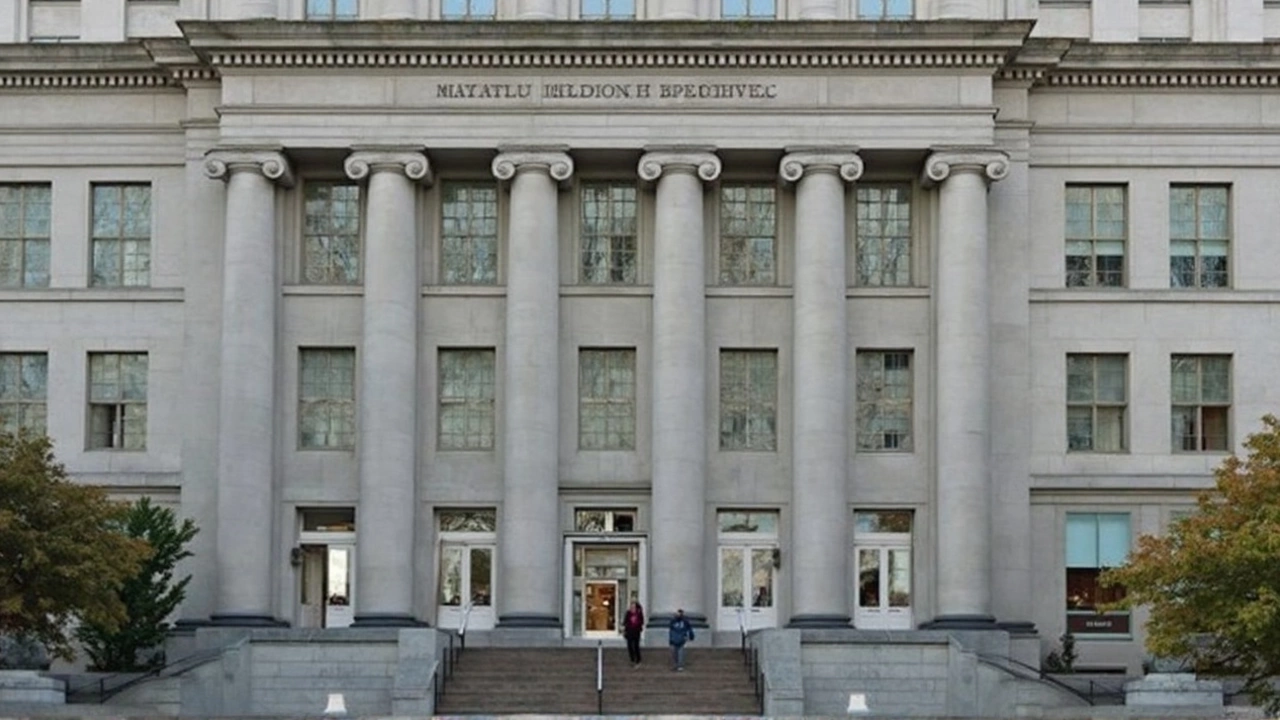Harvard Pushes Back Against Federal Funding Leverage
The fight between Harvard and the Trump administration isn’t just about money—it’s about who calls the shots in American higher education. On April 22, 2025, Harvard filed a high-profile lawsuit in Boston’s federal court after the government froze $2.2 billion in research support and threatened to withhold another $1 billion in grants. The university claims the administration crossed a line by attempting to manipulate internal policies through federal purse strings.
The spark? An April 11 letter from federal officials landed on Harvard President Alan Garber’s desk, listing sweeping demands: overhaul admissions and hiring practices, open up operations to “viewpoint diversity” audits, and let government agencies scrutinize the perspectives of students, faculty, and staff. Garber didn’t mince words, calling these requirements “unprecedented and improper control” that runs afoul of constitutional protections for academic freedom. He flat-out refused. That’s when the government moved with speed—slapping on the funding freeze and hinting at even more dramatic steps, like stripping Harvard’s tax-exempt status and blocking international students from attending.
National Fallout and Harvard’s Stand
Harvard’s lawsuit isn’t just for show—it targets a web of federal agencies tangled up in research funding: the Departments of Education, Defense, Energy, and Health and Human Services, plus NASA and the National Institutes of Health. By pulling back support without due process, Harvard argues, the government has broken its own legal obligations. At stake is more than a battle of egos: Garber warns these actions jeopardize everything from advanced research labs and medical innovations to scholarships and the school’s international reputation. He says the entire U.S. higher education system could lose credibility if federal officials get to dictate campus policy.
And this isn’t just Harvard’s fight. Right now, funding to other top universities—Brown, Columbia, Cornell, Princeton, Penn, and Northwestern—has already been targeted, even if none have publicly fought back quite as openly. Harvard’s lawsuit could become a blueprint for any campus facing government pressure. Meanwhile, anxiety is spreading as schools wonder whether research projects might stall, students could lose out on financial aid, or faculty might get caught in policy crossfire before the case even winds its way through the courts.
As of now, the White House is keeping quiet about the legal showdown. But academics, students, and policymakers nationwide are watching closely. This is more than a university squabble over dollars—this is a test of who really controls the mission of American higher education in a political storm.
